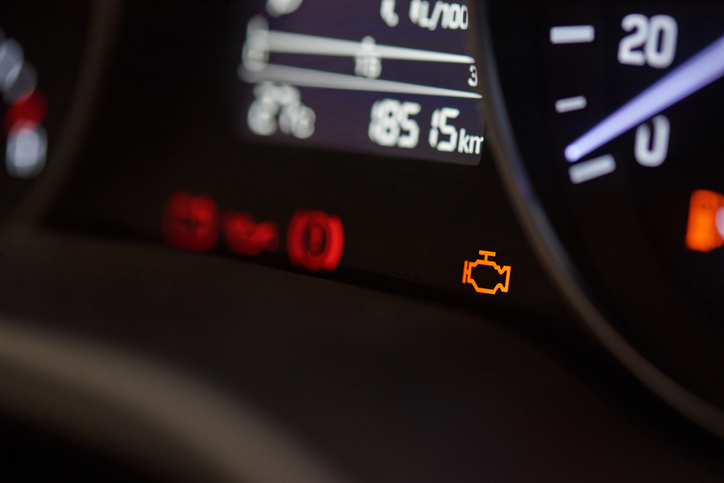
Hyundai and Kia have announced recalls on more than 800,000 sedans and SUVs in both Canada and the U.S. this month following electrical short issues that may cause engine fires. This issue affects the Santa Fe crossover SUV, Sedona minivan, and the Optima sedan. In addition, the Hyundai Santa Fe Tucson SUV and Kia Stinger sports car were most recently added to the list of vehicles at risk.
With parent company Hyundai pointing to a supplier quality issue as the possible reason behind the fire risk impacting models, let’s take a closer look at the problem and what it means for owners of these vehicles.
What Exactly Is the Problem?
Hyundai filed a report with U.S safety regulators earlier this month, describing a leaking brake fluid issue that may cause electrical shorts. In the case of the Santa Fe, the leaking fluid could enter the anti-lock braking (ABS) system, causing a short there. The Hydraulic Electronic Control Unit (HECU) is the region of brake fluid entry risk in affiliate automaker Kia’s Optima and Sorento. In all cases, anyone wanting to become an auto mechanic should learn to recognize these types of problems and watch out for them.
So far, Hyundai has reported 15 known fires caused by the issue, while Kia has reported eight. Fortunately, no one to date is known to have been injured by these fires.
Which Models Are Affected?
The recalls affect more than 440,000 Kia Sorento SUVs from 2014 and 2015 and Kia Optima sedans from between 2013 through 2015, as well as more than 203,000 Hyundai Santa Fe SUVs from 2013 to 2015.
Joining the list more recently are 180,000 Tuscon SUVs from 2019 through 2021, and over 9,000 Kia Stinger sportscars with 3.3 turbo-charged engines. In these models, the electrical shorts are being blamed on corrosion that can cause a short circuit within defective anti-lock brake circuit boards.
The Tuscon and Stinger issues have so far only been discovered in cars within the U.S., but parent company Hyundai is currently investigating to see if the latest problem in these two models may also be happening in other countries.
How Can People with Auto Careers Advise Owners of These Vehicles?
Car owners are being told to watch for the ABS warning light illuminating on the dash, at which point the car should no longer be driven and the car dealer should be contacted. Those with auto careers can tell owners of these cars to heed additional warning signs such as burning smells or smoke coming out from the vehicle’s engine compartment.
Owners are being asked to disconnect the 12-volt battery by removing the positive cable. They’re also being strongly advised by the carmakers to keep the car parked outside of the garage as an added precaution, with these kinds of electrical shorts having the potential to cause a fire even with the engine switched off.

How Will the Carmakers Fix the Problem?
Kia will begin its recall with email notifications on October 15, with Hyundai planning to send out notices on its affected models between October 23 and October 30. Both carmakers are planning to inspect all vehicles covered by the recall for signs of leaking brake fluid or corroded anti-lock brake circuit boards, and will replace ABS and HECU modules and other defective components related to the issue at no charge.

The recalls are the latest in a rash of reported Hyundai and Kia engine fire hazard issues, with more than six million cars from the Korean automakers impacted since 2015, according to the U.S. National Highway Traffic Safety Administartion (NHTSA). The NHTSA continues to investigate the matter.
Interested in training professionally at an auto mechanics Cambridge school to learn how to diagnose and repair all kinds of car problems?
Contact Automotive Training Centres for more information on their automotive service technician program!

